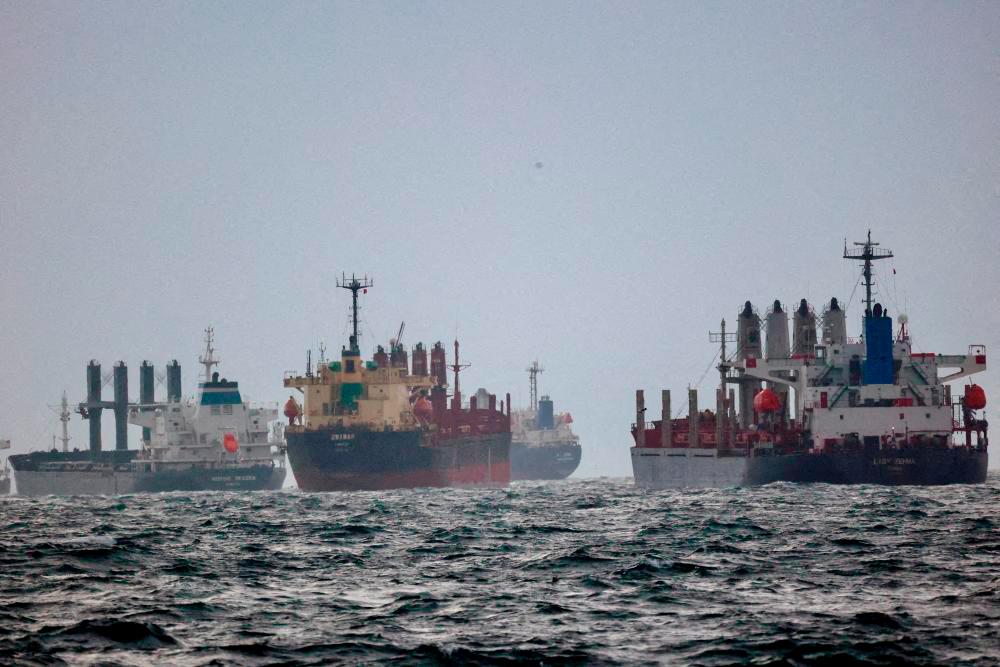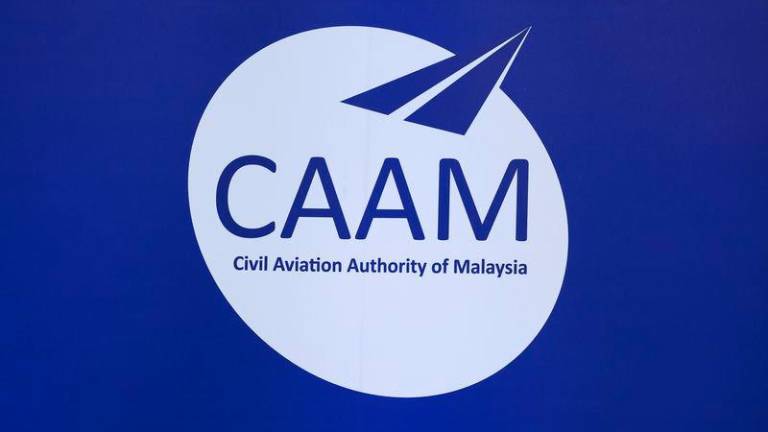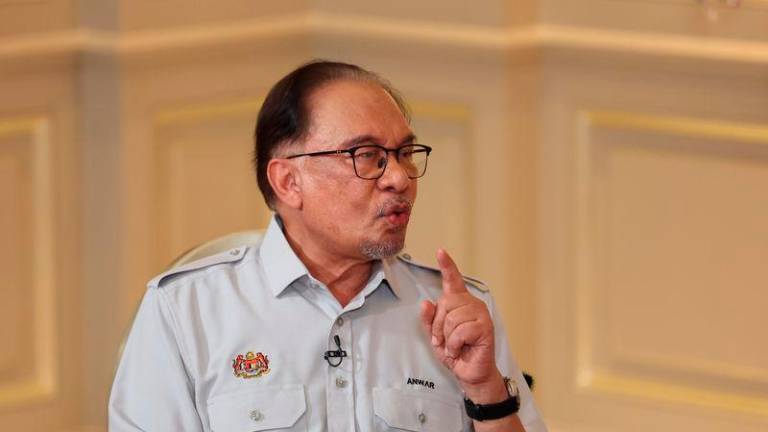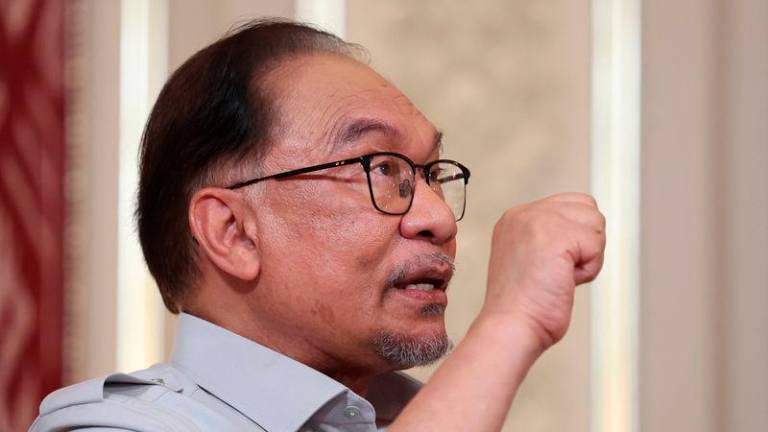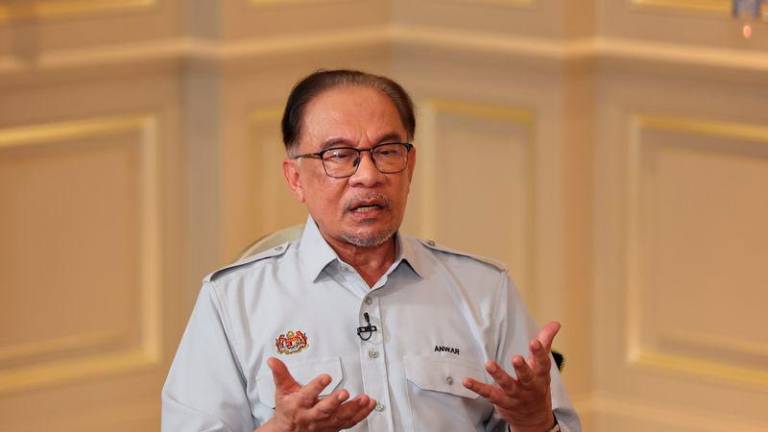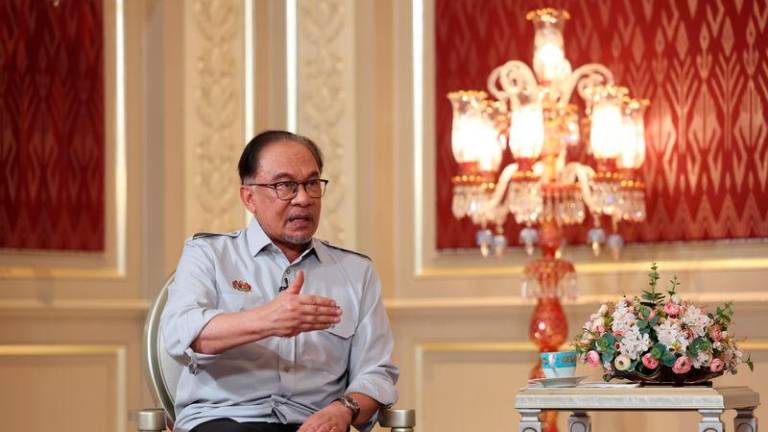THE United Nations is scrambling to extend an agreement that allows Ukrainian grain to be shipped via the Black Sea to parts of the world struggling with hunger, helping to ease a global food crisis exacerbated by the Ukraine war more than a year ago.
If Russia does not sign the extension of this Black Sea Grain Initiative (BSGI) then an increase in global food inflation is in the offing, which means every country should get ready and be prepared for this emerging whammy by taking care of their food security.
The BSGI, which the UN and Turkiye brokered, also came with a separate agreement to facilitate the delivery of Russian food and fertiliser, which Moscow insists has not been given the same zeal that the signatories of the initiative applied with regards to Ukrainian grain.
On July 4, the Russian foreign ministry issued a statement in which it said it sees “no grounds” to prolong the Ukrainian grain initiative past its deadline, which was yesterday.
The ministry claimed that the agreement has failed to meet its original goals of steering grain towards poor nations experiencing food insecurity.
Instead, it has become a “purely commercial” scheme that ships produce to wealthy countries, while Russian food and fertiliser exports remain blocked.
About 81% of produce shipped from Ukraine under the initiative in the past year ended up in countries with “high and upper middle-income levels”, it said, adding that the world’s poorest countries, including Ethiopia, Yemen, Afghanistan, Sudan and Somalia, accounted for only 2.6%.
Meanwhile, the situation regarding blocked Russian food and fertiliser exports “continues to degrade”, the ministry noted.
The five “system” goals envisioned by the Russia-UN memorandum remain unmet.
They include allowing Russia’s major agricultural lender, Rosslekhozbank, back onto the SWIFT payments system, enabling deliveries of spare parts for agriculture machinery, the resumption of the Tolyatti-Odessa ammonia pipeline’s operation, sorting out insurance and logistics, as well as “unfreezing” Russian assets.
Russian Foreign Minister Sergey Lavrov reiterated that Moscow sees no grounds to agree to an extension of the grain initiative, insisting that promises made to Russia remain unfulfilled.
The BSGI was first signed on July 22, 2022, for 120 days, which expired on Nov 19 and was due to roll over unless there were objections.
But three weeks before its expiry, Moscow had pulled out of the deal, saying it could not guarantee the safety of civilian ships crossing the Black Sea because of a drone attack on its fleet there.
Four days later on Nov 2, following a phone call between Russian President Vladimir Putin and Turkish President Recep Tayyip Erdogan, and consultations between their defence ministers, Russia ended its four days of non-cooperation with the initiative.
In a statement, Russia’s defence ministry said with the help of the UN and Turkiye, it had obtained sufficient written guarantees from Ukraine that it would not use the secure shipping corridor or its designated Ukrainian ports for strikes against Russia.
Putin affirmed the receipt of those commitments and said if Russia withdrew once more because of Ukrainian breaches, it would substitute the entire volume of grain destined for the “poorest countries” for free from its stocks.
The BSGI was renewed for the first time on Nov 19, 2022, for another 120 days until March 18.
On March 18, the UN and Erdogan announced the extension of the BSGI for a second time, but neither confirmed how long it would last.
Ukrainian Deputy Prime Minister Oleksandr Kubrakov tweeted the initiative would remain in effect for the longer, four-month period.
But Russian Foreign Ministry spokeswoman Maria Zakharova told Russian news agency TASS that Moscow “agreed to extend the initiative for 60 days”.
In this second extension, Russia, not Ukraine, was in the right that the initiative would be renewed for 60 days until May 18.
Russia’s UN Ambassador Vassily Nebenzia told the UN Security Council that the UN has to recognise it has “no leverage to exempt Russian agricultural export operations from Western sanctions”, and therefore Russia would only extend the initiative until May 18.
“If Brussels, Washington and London are genuinely interested to continue the export of food from Ukraine through the maritime humanitarian corridor, then they have two months to exempt from their sanctions the entire chain of operations which accompany the Russian agricultural sector,” Nebenzia said.
“Otherwise, we fail to understand how the package concept by the UN secretary-general will work through these simple agreements.”
In all extensions of the initiative, Erdogan played a pivotal role via phone diplomacy to convince the Russian leader to continue Russia’s participation in the initiative.
When the first extension was made, Erdogan reportedly said, “He (Putin) doesn’t agree to open this grain corridor through others. But with me, when I call, straight away he opened the grain corridor.”
Erdogan’s skill in diplomacy was once again up in the air when in March, Moscow agreed to extend the Black Sea pact for a further 60 days until May 18 instead of 120 days unless a list of demands regarding its agricultural exports was met.
As May 18 approached, the world was on edge to see whether Russia will extend the initiative beyond May 18.
Again, Erdogan stepped in with a phone diplomacy with Putin and announced on May 17 that the BSGI has been extended for two more months until yesterday.
We are now in the same predicament as in May when days before the initiative is to expire, Russia has already said it sees “no grounds” to prolong the Ukrainian grain initiative beyond its deadline.
This time round it would be a tough call for Ergodan to convince Putin to agree to a renewal.
His diplomacy skill seems to be “compromised” from the Russian perspective when Erdogan decided to release five previously imprisoned Azov battalion commanders on July 8 to Ukrainian President Volodymyr Zelensky in his recent trip to Türkiye.
Kremlin spokesperson Dmitry Peskov said Türkiye was supposed to keep the prisoners in the country until the end of the conflict, according to an agreement forged among Russia, Ukraine and Turkiye.
Meanwhile, Russian Senator Viktor Bondarev who is also a member of the Federation Council, the upper chamber of the Russian parliament and chair of the body’s defence and security committee, said Turkiye’s latest statements and actions show that it is sliding towards the group of nations that Moscow considers unfriendly.
Speaking to TASS news agency on July 10, Bondarev suggested Erdogan is caving to pressure from the West.
He cited Ankara’s stated support for Ukraine’s bid to join Nato and the subsequent decision to release five commanders of the notorious Azov regiment from custody as moves that have undermined Turkish neutrality.
“Certainly, national security and national interest have the priority. But even under serious Western pressure, one should preserve their face, as Hungarian leader Viktor Orban demonstrated repeatedly,” the senator said.
He also has harsh words for Erdogan when he accused him of stabbing Russia in the back and described the handover of Azov commanders as one in a series of “stupid and impulsive decisions” by Erdogan.
In releasing the Azov commanders to Zelensky, the Turkish president may have been partially reacting to the deterioration of the BSGI, the senator added.
Jamari Mohtar is the Editor of Let’s Talk!, an e-newsletter on current affairs. Comments: letters@thesundaily.com



